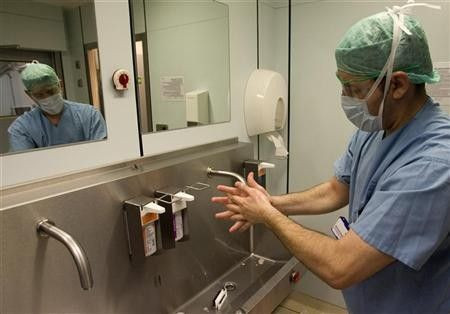Elective surgery waiting times decreasing in Australia

In spite of facing increasing demands and financial pressure, regional hospitals in Queensland showed a reduction in the waiting lists of the patients. The annual report on the Mackay Hospital and Health Service has found that it has met almost all of its targets as well as produced a $12.6 million surplus.
The study showed that there was increased demand on the emergency department, increase in inpatient admissions as well as the number of surgeries performed. Further, there have been improvements in the length of time public hospital patients waited for elective surgery, said a new report from the Australian Institute of Health and Welfare , or AIHW.
In 2014-15, Australia's public hospitals admitted roughly 698,000 patients from elective surgery waiting lists. The report showed the waiting times of elective surgery for 2014-2015. The statistics at the Australian hospital showed, between 2013-14 and 2014-15, the time within which 50 percent of patients were admitted, also called median waiting time, for elective procedures was reduced from 36 days to 35 days.
AIHW spokesperson Jenny Hargreaves said, “In addition, the proportion of patients who waited longer than a year to be admitted for their procedure decreased from 2.8 percent in 2010-11 to 1.8 percent in 2014-15.”
However, the report has also recorded that despite these improvements, there were major variations in the waiting times for diverse population groups across Australia. “In 2014-15, the median waiting time ranged from 27 days in Queensland to 55 days in Tasmania,” Jenny added. The rate of patients who waited for more than a year ranged from 0.5 percent in Queensland to 12.9 percent in Tasmania.
Further, the study showed that the median waiting time for aboriginal Australians was higher than that of other Australians. It was 42 days in comparison with 35 days. Also, the rate of Indigenous Australians who waited longer than a year was higher than the median waiting time for other Australians, that is, 2.3 percent compared with 1.8 percent, said the abc.net.au report.
AIHW is a major national agency that was established by the government of Australia to provide regular, reliable and relevant information and statistics on Australia's health as well as welfare.
Contact the writer at feedback@ibtimes.com.au, or let us know what you think below.





















